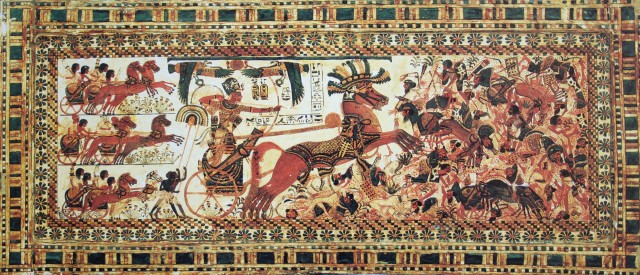
Europe’s unnecessary conflict in the Ukraine continues to rumble on and despite recent prisoner exchanges and the talk of deploying peacekeepers there is a very real danger that there may be a serious escalation in the near future. The Minsk II Agreement stands out as the only serious attempt to bring the conflict to a close and this has failed to bring about a genuine and sustained ceasefire along the contact lines between the forces of the government and the separatists in the south-east. It is also part of a wider picture of tense confrontation between Russia and NATO, seen in the diplomatic fallout from the poisoning of a former KGB double agent in the UK and the redeployment of NATO forces into Eastern Europe to counter Russian military build-ups.
The conflict will soon enter its fifth year and continues to have humanitarian consequences for an estimated 4.4 million people, having resulted in the deaths of 2,530 civilians and injured 9,000 more according to the UN. The total casualties, military and civilian, are estimated at over 10,000 people. The government of the Ukraine has struggled to deal with a Russian-backed insurgency and has resorted to independently raised militia’s to shore up its manpower. A blunt truth of the conflict is that the separatists in the east would have been unable to organise and maintain their insurgency without the backing of the Kremlin, which denies involvement, while supporting the rebels with manpower and weapons. This blog has long argued that the conflict in Ukraine stems from a geo-political rivalry between the Kremlin and the West, which dovetailed with political unrest in Ukraine itself. While it is true that there were serious concerns over the internal politics of Ukraine, including corruption and division over joining the EU and a distinct Russian orientation in the east, none of this meant that civil war was a pre-determined outcome. The mess since 2014, which has included the accidental shooting down of a Malaysian airliner and the annexation of the Crimea, was avoidable and has left the separatists entrenched in the east and holding territory they have no intention of giving up.
There are reasons to be concerned over future escalation. The heavy weapons that were supposed to be withdrawn under Minsk II are still in use and the fighting along a frozen frontline incurs daily casualties and continues to impact on the civilians attempting to live there. The United States has begun to deliver ‘defensive weapons’, which will bolster the Ukrainian forces and there are indications that Kiev has become tired of the Minsk II process and will abandon attempts at resolution. The government in Kiev, mired by allegations of corruption, has had its credit cut off by both the EU and the IMF and is unpopular amongst the electorate. For its part, the Kremlin’s relationship with the West is at the lowest point for decades, as diplomats have been expelled in tit for tat exchanges, and the EU has extended its sanctions against Russia in March. These sanctions were originally imposed after the Crimea annexation and the Kremlin’s support for the separatists in the east.
All this points to a danger of the crisis in the Ukraine escalating again, as was seen in Avdiika in 2017, and the ending of the stand-off across a frozen frontline, but in a way that will benefit no one. While there has been talk of deploying peacekeepers this is unlikely as it would require the agreement of both sides at a time when the wider geo-political situation has again deteriorated. This is crucial, as the separatists are dependent on Russia for support and recognition, and pressure on the Kremlin amounts to pressure on the rebels. While the West and Russia struggle to talk, the separatists remain intransigent, and the government is seeing little benefit from talking no one should be surprised if the situation deteriorates.
For more information regarding this week’s blog see:
https://www.vox.com/2018/2/8/16992194/ukraine-russia-conflict-putin-eu
https://consortiumnews.com/2018/01/21/a-coming-russia-ukraine-war/
https://news.un.org/en/story/2018/03/1003891
Dr Carl Turner, Site Coordinator.
